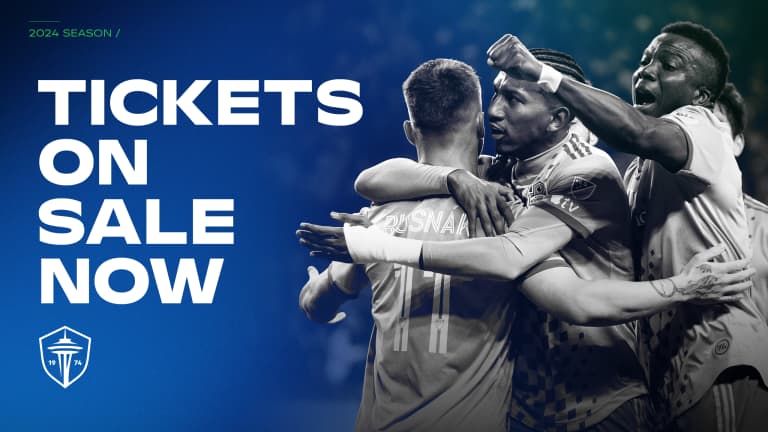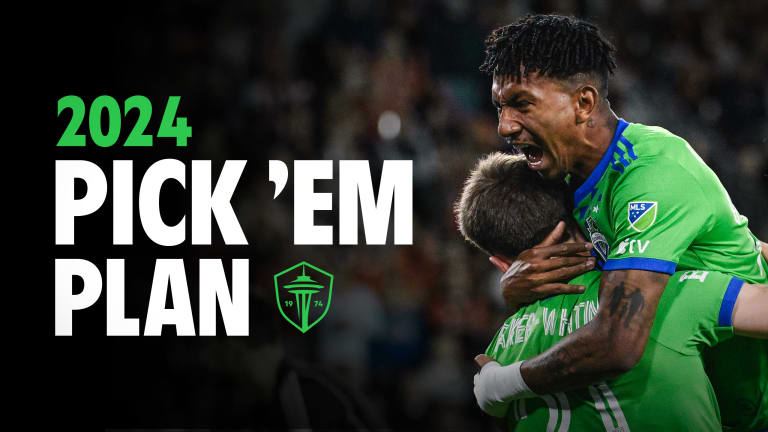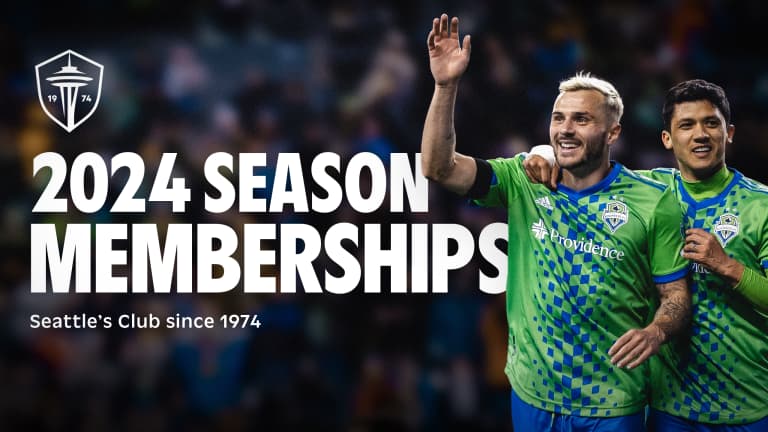It’s been nearly four years since Bellingham’s Sandy Hunt hung-up her whistle as a FIFA referee, and yet today she’s very much a part of the international officiating scene.
It’s been nearly four years since Bellingham’s Sandy Hunt hung-up her whistle as a FIFA referee, and yet today she’s very much a part of the international officiating scene. In fact, Hunt’s in the neighborhood of Beijing during this Olympic fortnight, serving as FIFA’s instructor and assessor for officials. During her 17 years of officiating, Hunt first circled the state and then the globe to ensure everyone played nice. In 1998 she shared the honor of being the first female to referee an MLS game. Among the plum assignments were the opening match of the 2000 Olympic Games and 2003 Women’s World Cup. We caught up with her in between trips to Trinidad and now China.
What prompted you to become a referee in the first place?
I played college soccer at SPU and Western, which were just club sports back in the day. I played in Seattle women’s leagues all through high school, college and then after graduating. The officials who did those games, in general, were less experienced and maybe older guys who had difficulty keeping up. One particular game the decision making was extremely questionable and, let’s say, difficult to understand. Both teams, mine as well as our opponent, became very agitated and demonstrative about the officiating. In a moment of intense frustration, I made a comment that I could do better job with one eye closed and on one leg. Poor guy. But pretty much in unison all the players said, ‘Yeah, you’d be a lot better than this guy.’ I thought, ‘Fine, I’m going to do it. This cannot be that hard.’ Well, I can tell you it’s not as easy as it looks. You have such a different perspective as a player than a referee.
What was the progression from local leagues to international play?
I probably started doing local college games after about 4-5 years, but officiating the professional leagues is completely different. There I started doing games like the old USL Everett Bigfoot and from there you meet people and they realize you’re interested and teach you. You’d call a game and then meet afterward. Over pizza and a soda, we would talk about what could have been done differently. That’s how development went in those days. Now there’s still guidance and mentoring, but there’s a program in place, run and funded by U.S. Soccer.
It’s been four years since you retired from the center circle. What do you miss, and what don’t you miss?
I miss being in the middle of a competition, being with people who are going to the outer limits of their physical ability to try to win a game. That’s what’s so much fun, the competition and the interaction between yourself and the teams and players. I don’t miss the training every day, the interval runs, the hill repeats and going to the gym to lift everyday. I still run everyday, but for fun and because I want to, not because it’s a requirement.
What were some of your bigger thrills?
Going to the 2000 Sydney Olympics was a lot of fun. Growing up, everyone watches the Olympics and I got to do the Olympic opening game, which was something special because it was in the cricket grounds and it was packed. Certainly that was a neat atmosphere to be involved in. There are special moments from every game that you do. Being involved in a World Cup, and the women’s league, MLS, USL and Open Cup games are important. But the special moments are less about the game and more about the people I work with.
What’s your role now?
I’m a FIFA referee instructor and a FIFA match assessor. I mostly teach rather than assess. I’ve been very lucky to be the referee instructor for the Women’s World Cup in China last summer, and number of FIFA age group tournaments, working with a lot of good officials from the U.S. and all over the world. I do teach for U.S. Soccer and assess MLS and USL Division 1 games too. There are about 20 match inspectors for U.S. Soccer, but I’m the only woman. We assess referees and then call or email them about their options, their decisions, and help guide them at the upper levels of the game. The refereeing challenge is that you’re never going to get it right. You know going into the game that mistakes will be made. You’ll never get it 100 percent right. Assessing is much more like coaching. You help people improve or maintain their involvement. You provide guidance and feedback, but it should also inspire them to improve and take some risks. Ultimately, it’s about providing better officiating, to make games safer and better for the players. That’s why I’m still involved. It’s a deeper satisfaction because you’re helping other people.
Are there matches which were extraordinarily tough at the time but, looking back, you now see as more rewarding because of the job you did?
I learn so much more from matches that were very difficult. See, when matches are really difficult, it’s because as a referee you made a silly or often unnecessary decision that was very controversial. Often referees feel like a slave to the law book. You have to understand you have other options. When do you have to apply the law strictly, and when do you just apply common-sense or in the spirit of the law? That’s when you really begin to have a lot more fun with the game as a referee. You don’t need to caution for every little thing, you don’t call every contact a foul. That’s when it becomes more fun for the referee but, better yet, it’s a lot more fun for the players.
With an international tournament such as the Olympics coming up, how does an official prepare?
Speaking for myself, obviously I would make sure I was healthy and as fit as possible. Before a big tournament, there’s always a fitness test, and the results of that often dictate the quality of your assignments for that tournament. You also do as much research on the teams as possible. As an instructor, I compile a lot of information on each team; which players are playing in which position, how teams play technically and tactically. Based on that information, you get an idea on the best options for running and management style. We don’t prejudge anyone. I wouldn’t highlight a problem player, but you note if there’s a really fast player or if a team plays high pressure or tries to counter. That’s critical for a referee to know. Maybe a team likes to attack with quick free kicks. Opposing teams try to negate that by picking up the ball. It’s important for referees to know. Each non-game day there’s on-field practical, tactical and fitness training for each referee. I present incidents from the matches on decision-making for referees and instruct based upon that.
You have kids who play. Ever find yourself about to vent at a referee?
No, I’m too busy stomping on my husband’s toes to keep him from screaming at the referee (laughs). I don’t say that much to referees as a parent. Besides, I may have taught a lot of them. If I scream at them, I’d be screaming at myself. As a player, I had lots of enemies. I was hardly quiet towards referees. Competition really helps grow people’s personalities and as a parent I’ve really just enjoyed watching my kids play.
If officiating two non-English-speaking teams, how do you know when you’re the butt of an insult?
Actually, even when you’re doing English-speaking teams, they’re pretty good at disguising it. You have to look at the body language, the eye contact, the tone of the voice. You know and you know if you’ve made a mistake, whether if it’s right or wrong. Unfortunately you can’t rewind yourself and go back to before you made the call. Down deep in your heart, you know whether you were right or wrong. One of the biggest mistakes and largest inhibitors is that too many people are defensive about their decisions. When you get defensive you’re not learning any more.
With regard to playing and perhaps complaining, are men from Mars and women from Venus?
Here’s my theory on that: Women will disagree but will rarely become disagreeable. They disagree just as strongly, but will rarely be disagreeable about your decision making. With guys, they act more out of frustration. It’s more of an emotional outburst and then it’s over with. A lot of men referees will say that they have more difficulty with women’s teams, because they can’t get the women to shut up (laughs). My response is that if they made better calls, the players wouldn’t be whining about it.




